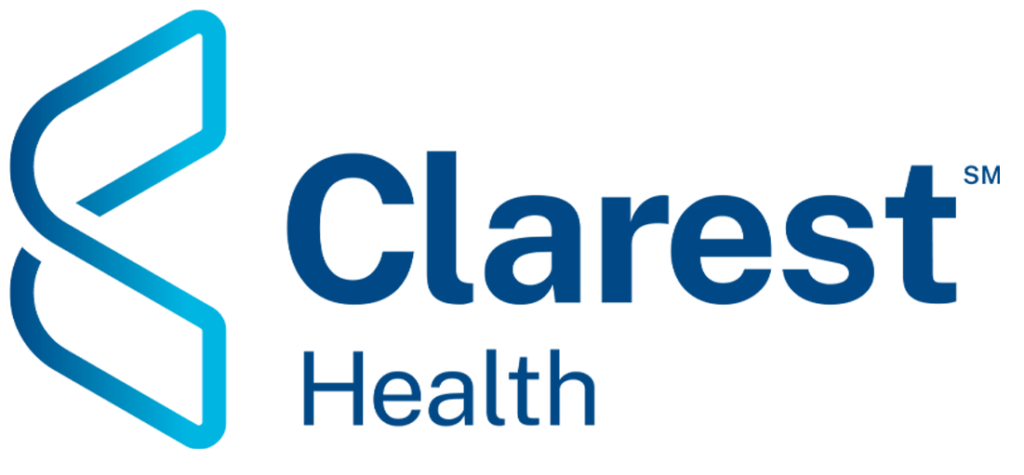Medication Management plays a pivotal role in ensuring patient safety and promoting positive health outcomes. Due to heavy workloads and staffing shortages, many healthcare facilities are turning to medication aides, skilled professionals who specialize in medication-related tasks, to assist with this critical process. These professionals play a valuable role in strengthening medication management practices, enhancing efficiency, and ensuring patient safety.
Medication Administration and Dispensing
One of the primary responsibilities of medication aides is assisting with medication administration and dispensing. Under the supervision of registered nurses or pharmacists, they can prepare and distribute medications to patients, ensuring accurate dosages and adherence to prescribed regimens. By relieving healthcare providers and nursing staff of these tasks, medication aides free up valuable time for other essential clinical duties.
Medication Reconciliation
Medication aides can support medication reconciliation processes, which involve comparing a patient’s current medication regimen with newly prescribed medications. They can collect and organize medication histories, communicate with patients and caregivers to obtain accurate information, and assist healthcare providers in identifying and resolving any discrepancies. This collaboration helps reduce Medication Errors and enhances patient safety during transitions of care.
RELATED: IMPROVING MORALE AND PATIENT CARE EXPERIENCE
Medication Inventory Management
Effective medication inventory management is crucial to prevent medication shortages, minimize waste, and maintain appropriate stock levels. Medication aides can play a significant role in inventory control by monitoring medication supplies, checking expiration dates, and assisting with ordering and restocking processes. Their attention to detail ensures that medications are readily available when needed, minimizing disruptions in patient care.
Documentation and Recordkeeping
Accurate and thorough documentation is essential in medication management. Medication aides can assist in maintaining medication records, ensuring that information is complete, up-to-date, and easily accessible. They can record medication administration details, document patient responses, and flag any concerns or adverse events promptly. By alleviating this responsibility from other healthcare providers, medication aides contribute to streamlined documentation processes.
Medication Safety Audits and Quality Assurance
To ensure medication safety, regular audits, and quality assurance activities are essential. Medication aides can actively participate in these processes by performing medication-related checks, such as verifying medication labels, identifying potential medication errors, and reporting concerns to the appropriate personnel. Their contributions help identify areas for improvement and promote a culture of continuous quality enhancement
Collaboration and Interdisciplinary Communication
Medication aides can serve as valuable links between healthcare providers, fostering effective interdisciplinary communication. They can relay important medication-related information to nurses, pharmacists, and other team members, ensuring that everyone is informed and on the same page regarding patient medication needs and concerns. This collaborative approach promotes seamless care delivery and reduces the risk of medication errors. Incorporating medication aides into medication management processes offers significant benefits in terms of efficiency and patient safety. By harnessing the skills of medication aides, healthcare facilities can enhance medication management practices, ultimately leading to improved patient outcomes and a higher standard of care.
Clarest Health’s Expert Licensed Pharmacy Team Can Help
Are you looking for additional solutions to optimize medication management for your patients who are in long term care facilities (LTC) or those transitioning out of LTC? By utilizing Clarest Health’s centralized web portal, ProLink, healthcare providers, patients, and caregivers gain convenient access to comprehensive patient history and health data. Patients receive their medications in easily dispensable pouches, ensuring compliance and timely delivery. This streamlined approach leads to enhanced quality of care and improved patient adherence. Furthermore, healthcare providers can securely communicate with Clarest Health’s expert licensed pharmacy team through ProText, a user-friendly, HIPAA-compliant text messaging platform available round the clock. Partnering with Clarest Health and leveraging our extensive network enables you to offer your patients a Personalized Medication Management plan that ensures they are receiving the best care possible, even during staffing shortages or transition periods.

